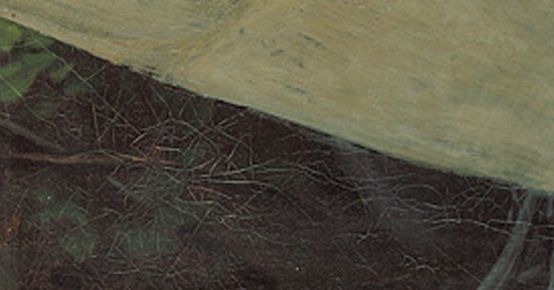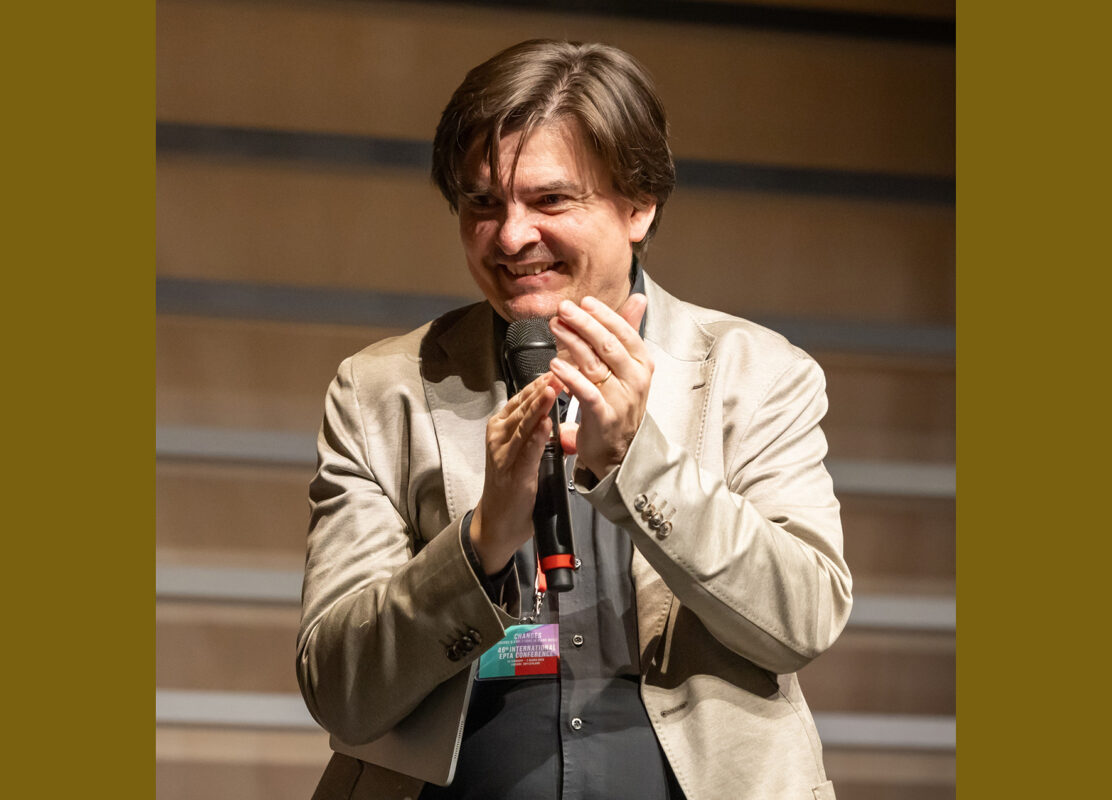"Funeral Cantata"
Beethoven every Friday: to mark his 250th birthday, we take a look at one of his works every week. Today we look at the cantata on the death of Emperor Joseph II.

Yes, they do exist, the works that have fallen through the cracks of history. The reasons for this are manifold: in the 20th century, it was often political circumstances that caused them to fall through the cracks, before that a wide variety of factors played a role: a lack of initial success, an unusual instrumentation, an unsuccessful text ... When such scores are unexpectedly found or are performed again after decades, there is often talk of an "unjustly forgotten" composition. Whether it then enters the repertoire or at least comes to the attention of the general public remains to be seen. One heretical question always arises: Aren't there also "unjustly forgotten" compositions - such as all-too-early youthful works or even occasional music?
In any case, the mechanisms of the repertoire do not work according to fixed rules. This is also the case with Beethoven and his rich oeuvre, not all of which is equally well known - on the contrary: there is still much to be discovered. So too the Cantata on the death of Emperor Joseph II. WoO 87 (1790), a work commissioned by the Bonner Lese- und Erholungsgesellschaft (which, incidentally, still exists today and has also admitted women as members since 2019). The old minutes of the Executive Committee contain the suggestion that "perform something musical either before or after the speech" was to be performed. However, the cantata was never performed. As it was later said: "from several causes". Perhaps Beethoven had planned the work too extensively (with a playing time of just under three quarters of an hour), perhaps it was completed too late (there were only three weeks between the commission and the memorial service on March 19), and Elector Maximilian, the brother of the deceased and Prorector of the Society, had asked for an hour of silence in the sense of a funeral service.
Beethoven's autograph was lost unplayed. A copy did not reappear until 1884, and the cantata was performed for the first time at a concert of the Gesellschaft der Musikfreunde in Vienna at the suggestion of Eduard Hanslick. Since then it has led a shadowy existence. - Rightly so? Certainly not, because a great deal of the later Beethoven can already be heard here. It is no coincidence that the master later used musical material in other of his works (including the Fidelio) is reused.
Listen in!








